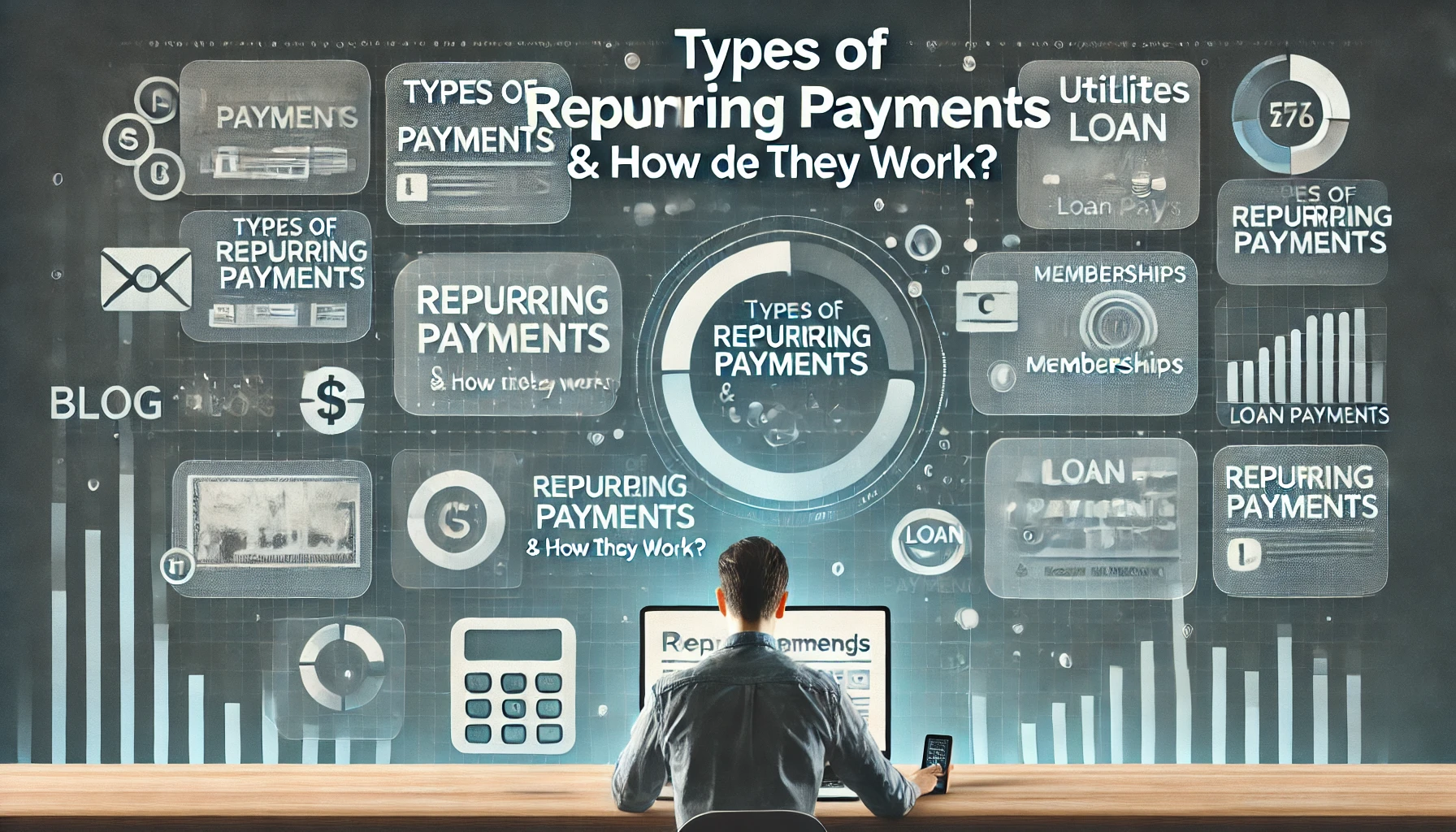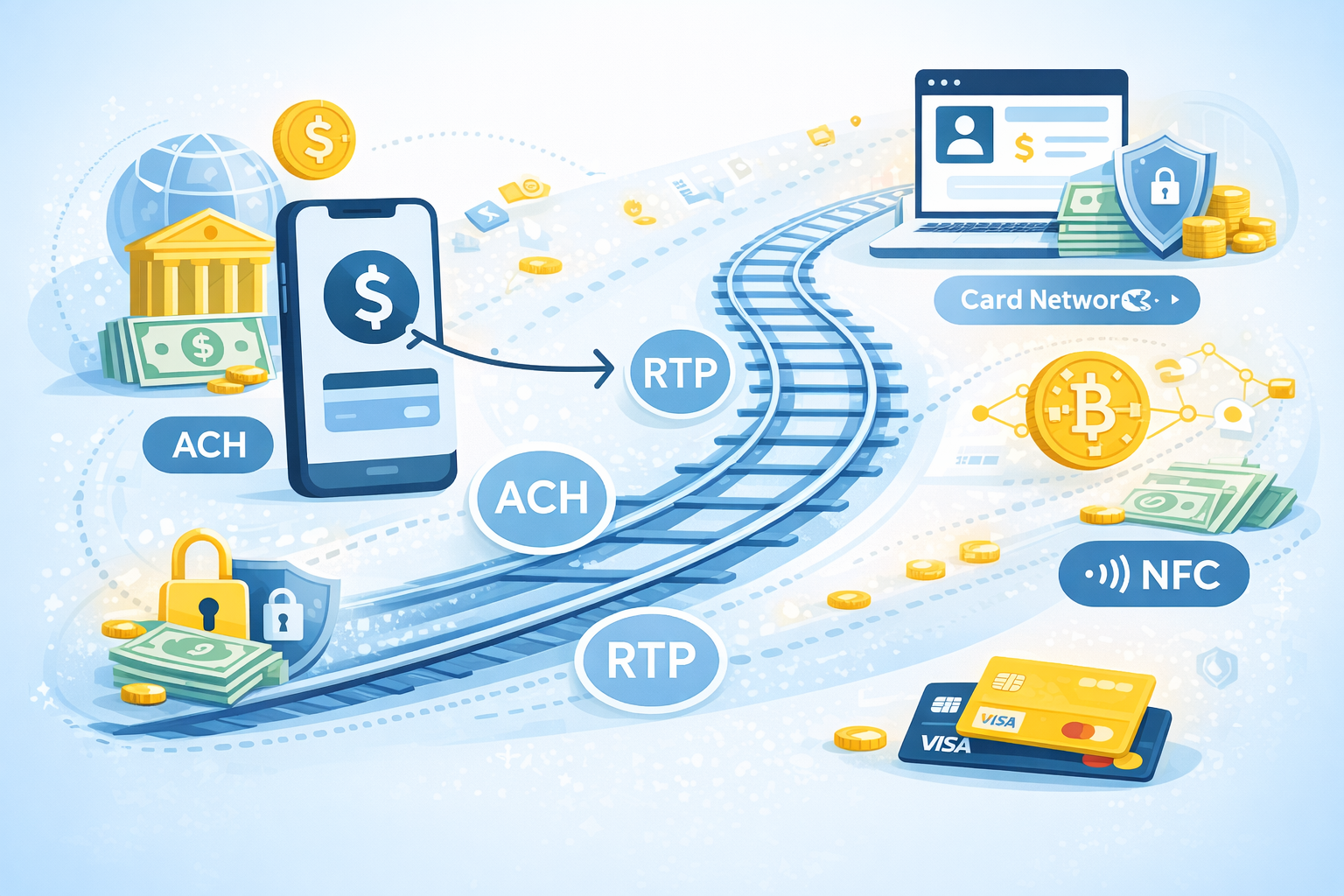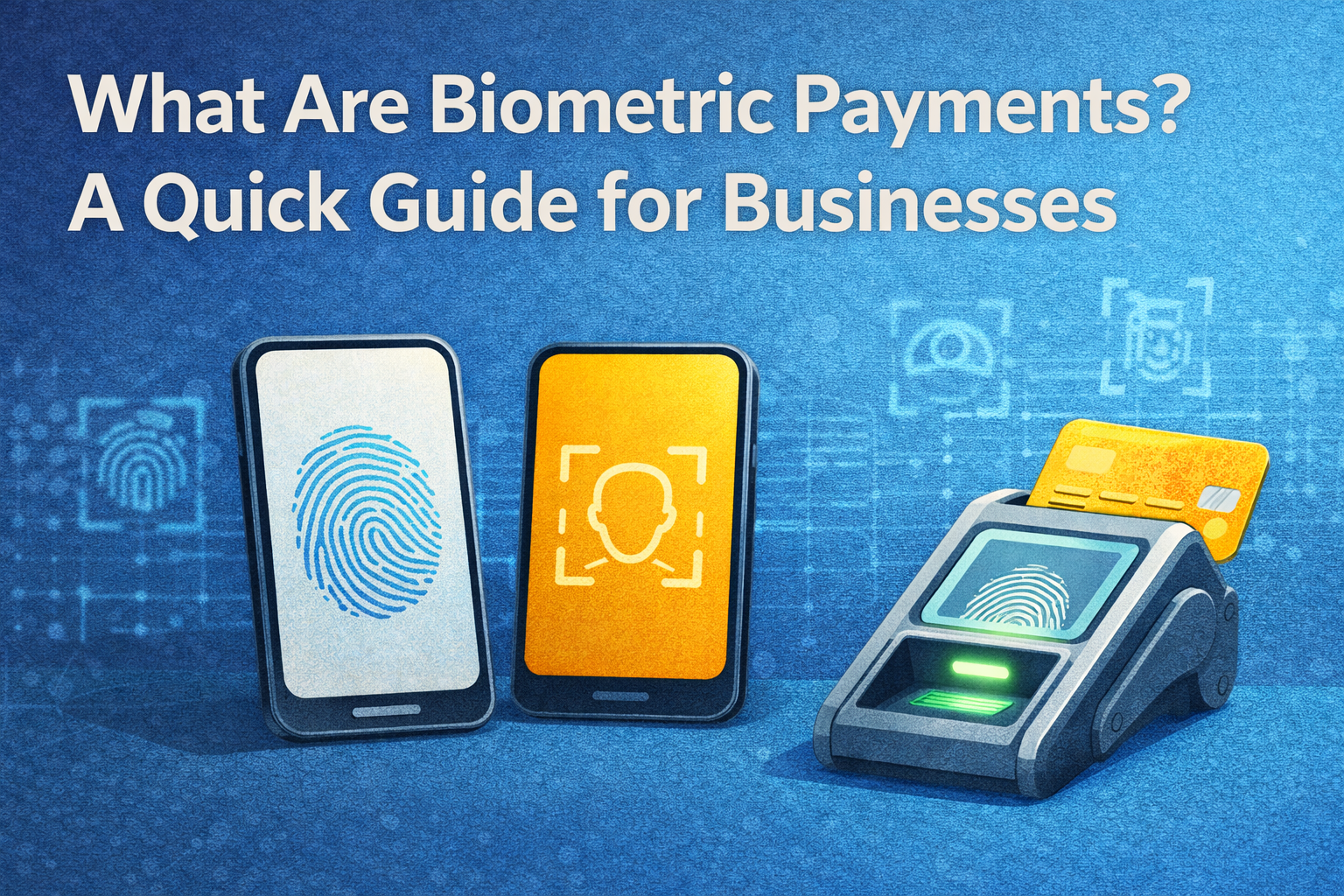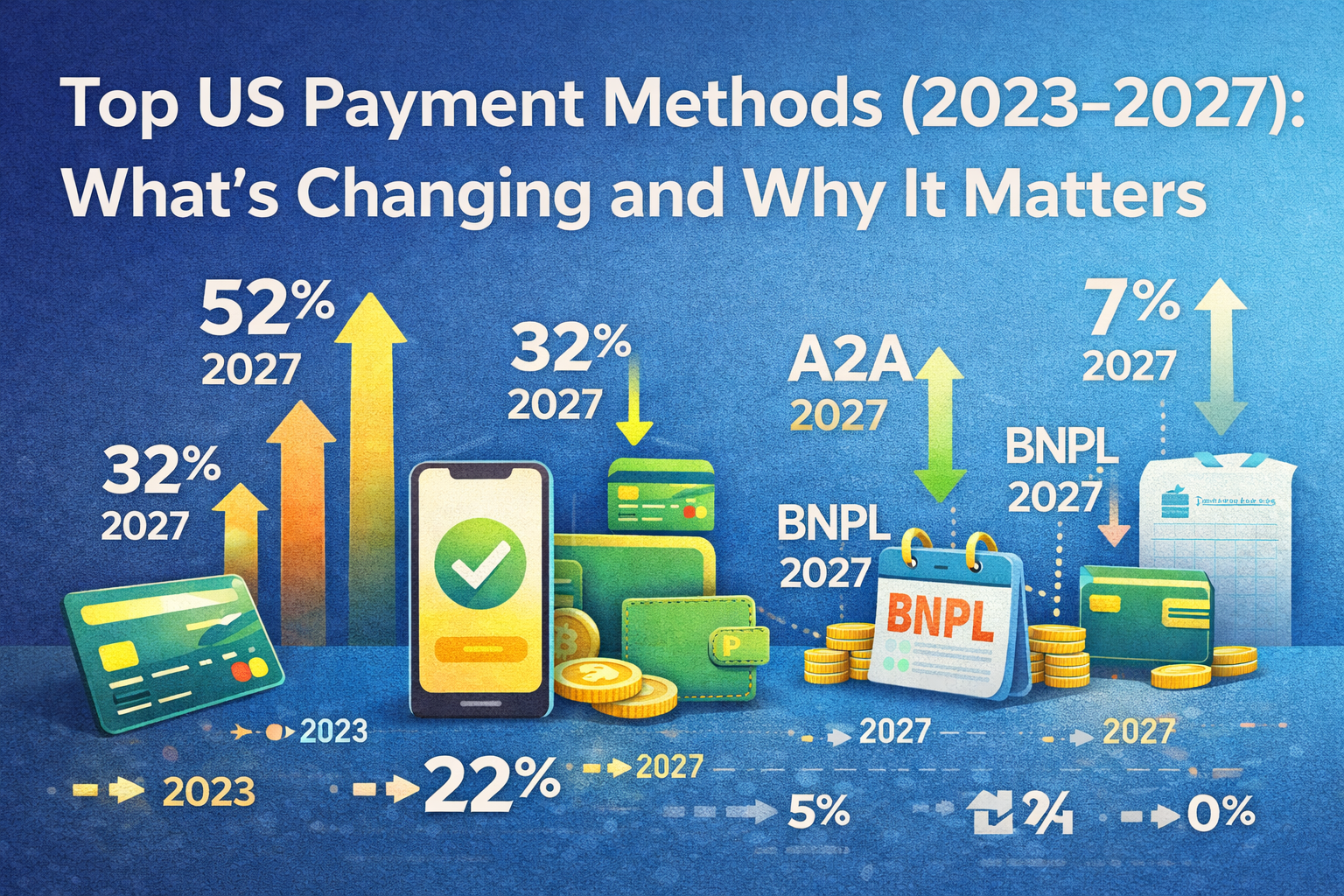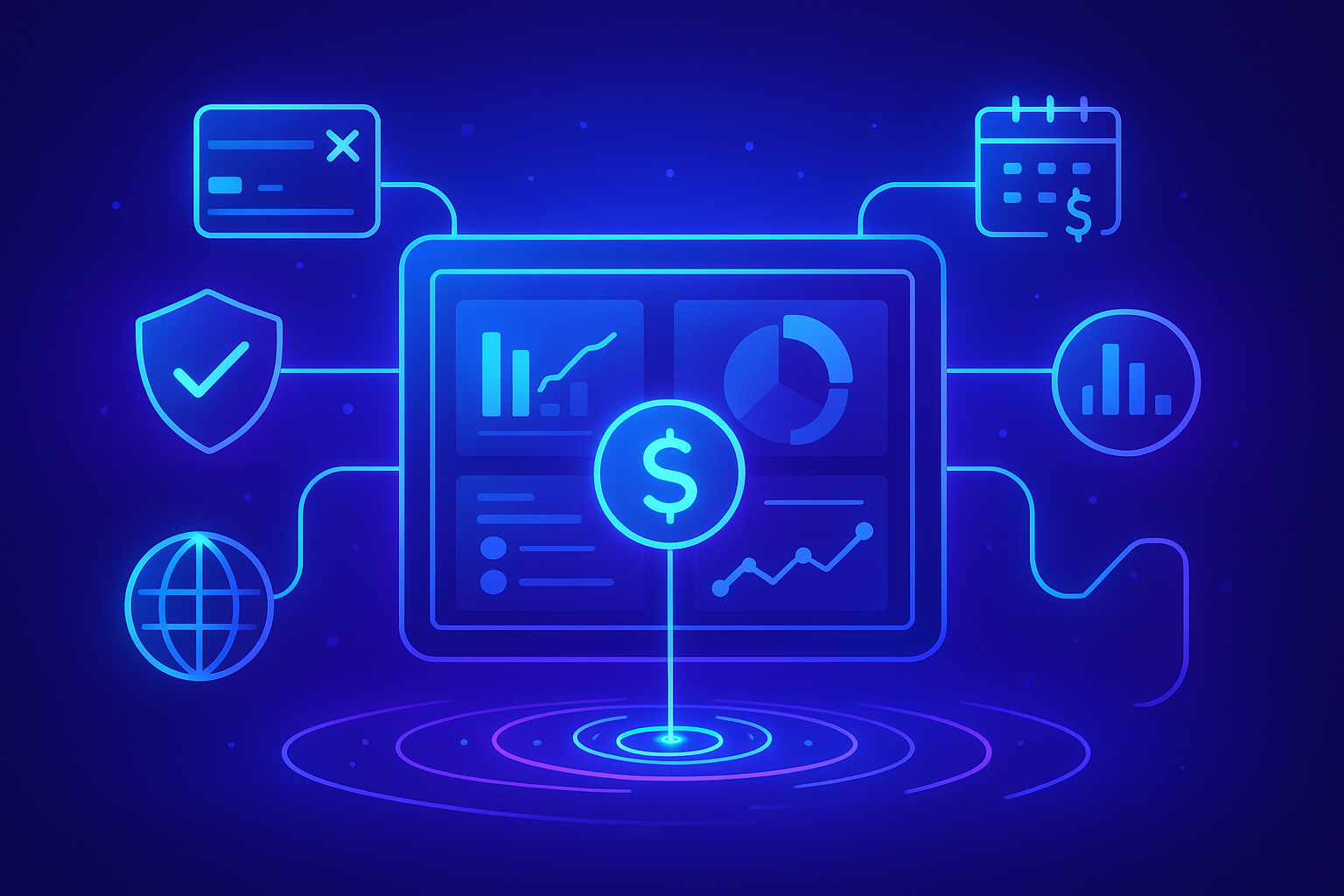In today’s digital-first economy, businesses rely on automated transactions to ensure seamless cash flow. Recurring payments are one of the most efficient ways to manage predictable billing cycles. Whether for subscription services, utility bills, or installment payments, recurring transactions streamline financial operations for businesses and customers alike.
This article explores the types of recurring payments, how they work, and their advantages, along with a comparison between recurring payments and direct debits. We’ll also discuss how payment processing solutions play a crucial role in ensuring smooth transactions.
What is a Recurring Payment?
A recurring payment is an automated transaction where a customer authorizes a business to charge them on a scheduled basis (weekly, monthly, or annually) for a product or service. These payments eliminate the need for manual transactions, reducing delays and ensuring uninterrupted services.
This way, recurring payments can be reaped in such sectors as:
- Streaming services (Netflix, Spotify)
- Subscription-based business (magazines and SaaS applications)
- Utility provision (electricity and water and the internet)
- Health and fitness (gym membership or wellness programs)
- Loan and insurance payments
Such businesses rely on payment processing service solutions to collect recurring payments smoothly, securely, and automatically.
Types of Recurring Payments
Fixed, Regular, or Subscription Payments
Fixed recurring payments occur when a customer pays the same amount at regular intervals. Subscription-based businesses rely on this model for consistent revenue.
Examples:
- Streaming services like Netflix and Amazon Prime
- Gym memberships with monthly fees
- SaaS (Software-as-a-Service) platforms like Adobe Creative Cloud
How payment processing solutions help:
- Automate billing cycles
- Reduce failed transactions through automated retries
- Ensure PCI-compliant secure transactions
Variable, Irregular, or Standing Order Payments
Unlike fixed payments, variable recurring payments fluctuate in amount and frequency. These are commonly seen in usage-based billing models.
Examples:
- Utility bills (electricity, gas, water)
- Credit card auto-payments
- Ride-hailing services (Uber, Lyft)
How payment processing solutions help:
- Auto-adjust charges based on consumption
- Offer real-time invoicing and payment tracking
- Send automated reminders to avoid missed payments
How Do Recurring Payments Work?
Recurring payments function in three key steps:
Customer Authorization: Customers provide their payment details (credit card, debit card, or bank account) and agree to the recurring billing terms.
Payment Processing: Businesses integrate payment processing solutions, which automatically charge the customer at scheduled intervals.
Transaction Completion & Notifications: Payments are processed, verified, and settled, and customers receive a confirmation.
With the right payment processing solutions, businesses can automate payments while ensuring high security and minimal failed transactions.
Recurring Payments vs. Direct Debit – What’s the Difference?
While recurring payments and direct debits both automate transactions, they differ in terms of authorization, control, speed, and security.
Ways of Authorization & Setup
- Recurring Payments: Customers authorize businesses to charge them via card-based transactions.
- Direct Debit: Customers provide their bank account details to set up a debit mandate.
Businesses prefer payment processing solutions for recurring payments because they offer faster onboarding and broader payment method support (credit/debit cards, e-wallets, etc.).
Timing & Speed
- Recurring Payments: Typically processed instantly or within a few hours.
- Direct Debit: Takes 2-3 business days due to bank verification.
For businesses requiring instant cash flow, recurring payments via payment processing solutions are the better option.
Levels of Flexibility & Control
- Recurring Payments: Businesses have more control over billing cycles and pricing adjustments.
- Direct Debit: Customers can modify payments with higher flexibility.
Payment processing solutions provide businesses with real-time updates and customizable payment settings, offering a balance between flexibility and automation.
Safety & Security
- Recurring Payments: Encrypted transactions with fraud detection and PCI DSS compliance.
- Direct Debit: Secure but prone to bank delays and chargebacks.
Modern payment processing solutions use AI-based fraud detection, reducing unauthorized transactions and chargebacks.
Cancellation
- Recurring Payments: These can be canceled via merchant portals.
- Direct Debit: Requires manual intervention via banks.
Businesses using payment processing solutions can offer simple online cancellations to reduce churn while maintaining customer satisfaction.
What Are the Advantages of Recurring Payments?
Higher & More Consistent Revenue
- Predictable income streams ensure financial stability.
- Businesses can forecast cash flow and growth trends.
- Fewer missed payments, reducing revenue losses.
By integrating payment processing solutions, companies can achieve near-100% successful payment rates.
One-Time Setup for Customer Satisfaction
- Customers don’t have to manually enter payment details every time.
- Automated payments reduce billing disputes and improve service continuity.
- Businesses benefit from lower administrative costs.
Payment processing solutions offer a smooth onboarding experience, improving customer retention.
Customer Loyalty
- Seamless payments = Better customer experience.
- Subscription-based models encourage long-term relationships.
- Easy payment methods reduce churn rates.
With advanced payment processing solutions, businesses can offer personalized payment options and loyalty rewards.
Conclusion
Recurring payments are very important for businesses looking forward to the automation of billing, improving the predictability of revenue, and increasing customer retention. Companies can use payment processing solutions to securely, seamlessly, and flexibly offer payment experiences to their customers.
Whether it’s through subscription billing or variable payments, businesses embracing recurring transactions position themselves to compete more effectively by simplifying the payment journey for their customers.

